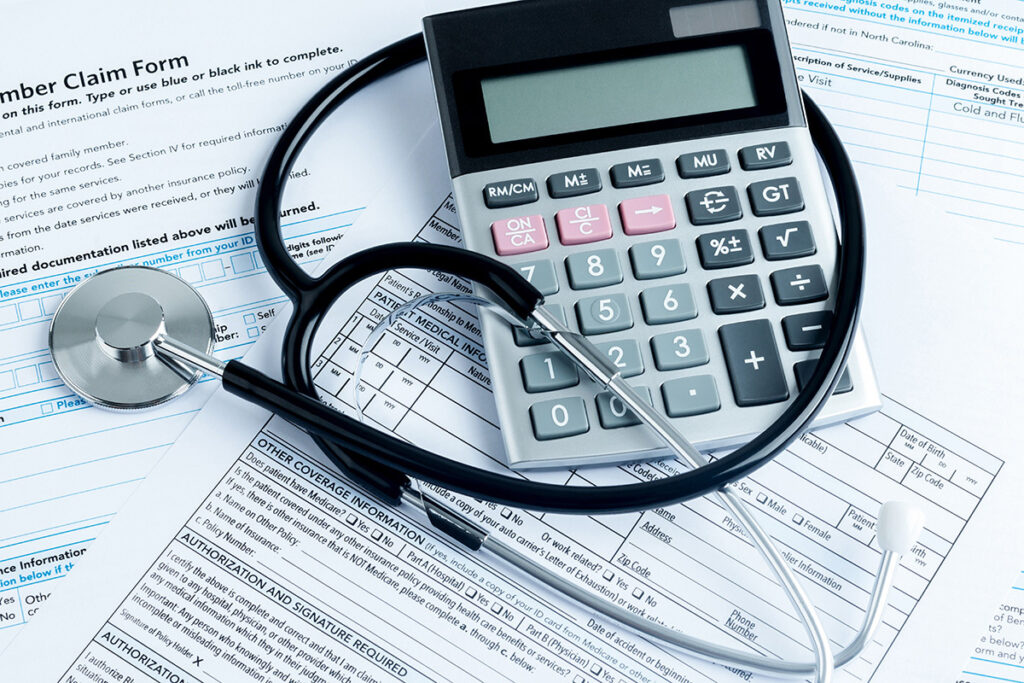How to Navigate Your Finances and Health with Medical Debt Weighing You Down
Establishing and building savings is vital to sound financial wellness, but talking about budgeting for medical debt and emergencies must be part of the process. Unfortunately, there can be little time to save for health procedures or tests when your quality of life is on the line.
According to Fox Business, 43% of Americans said they couldn’t comfortably cover medical costs exceeding $249, while 54% would delay payment on a medical bill.
How do you lessen the burden of debt related to medical issues? A huge part of tackling debt is understanding your rights or how to advocate for yourself.
Beyond Finance understands medical debt can be unavoidable. We want to offer a few actions you can take afterward to help simplify how to manage your medical bills.
No Surprises

Often in the middle of a medical emergency, the costs are not the top priority. You just want to get better. Billing for hospital stays or procedures can be complicated because of what your health insurance plan covers in or out of network. It can be even more challenging to understand what all the procedures on your bill mean.
To help combat this, Congress passed the No Surprises Act, which can be beneficial if one or more of these things apply to you, according to the Consumer Financial Protection Bureau:
- Surprise bills for emergency services from an out-of-network provider or facility without prior authorization
- Out-of-network cost-sharing, like coinsurance or copayments for all emergency and some non-emergency services
- Out-of-network charges and balance bills for supplemental care, like radiology or anesthesiology, by out-of-network providers that work at an in-network facility
Know Your Rights

Falling behind on medical bills or failing to establish a payment plan can negatively affect your credit. Bankrate reports two significant changes have gone into effect to ensure a more fair outcome for those in need:
- The major credit reporting agencies have initiated a change so medical bills less than $500 will not appear on your credit report after going to collections.
- Due to changes made last year, paid-off medical debt no longer appears on credit reports, while medical debt of more than $500 doesn’t show up until a year after going to collections.
Ask Questions

You can always call and have your bill thoroughly explained to you. It is important to realize that hospitals can make mistakes too. Ensure the charges you pay are for services you have received. Before making payment, U.S News & World Report recommends answering a few questions:
- Do I need an itemized bill?
- Do I recognize all the charges?
- Are the dates, providers and procedure codes correct?
- Are there red flags indicating this is a medical billing scam?
- How old is the bill?
- Did I get billed for an out-of-network provider?
- Can I negotiate the balance?
- Do I need help disputing this bill?
Medical emergencies can happen to anyone; those bills can still add up even with healthcare insurance. The important thing is to get ahead of the debt and work to find a solution that leaves your pockets and accounts in the green.
